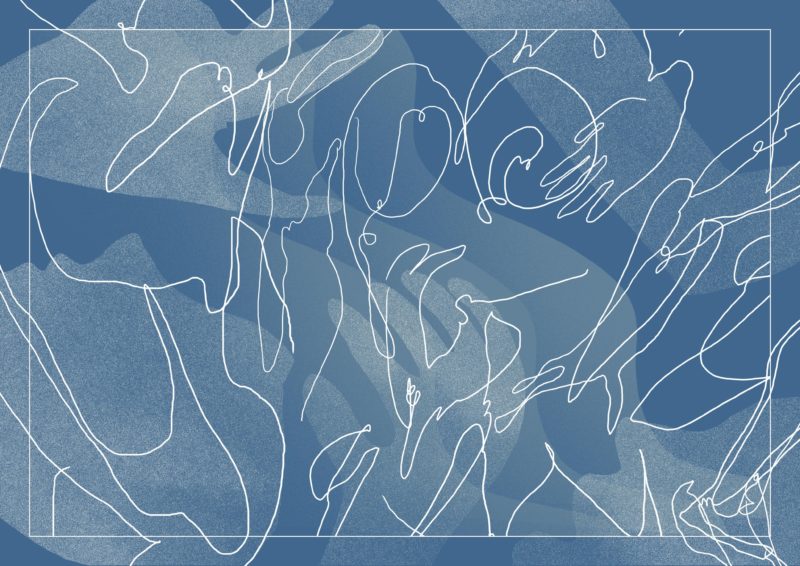We exist through our bodies and in relation to other bodies – human, animal, ecological. This issue of Demos explores the ways in which the body moves through the world – how it labors and loves, how it treads the duplicitous thresholds of legality, how it is racialised and eternalised, how it is corralled and transgressed.
In Citizen: An American Lyric, Claudia Rankine’s poem on race, the body is described as having a memory; “[t]he physical carriage hauls more than its weight. The body is the threshold across which each objectionable call passes into consciousness…” We found Rankine’s conception of the body inspiring when putting this edition together – what does the body haul? what is hauled onto the body?We hope that this edition of Demos has given our contributors and will in turn give our readers and viewers the space to contemplate such questions.
In his essay, Is that all we are?, Adam Broinowski asserts that “situating the body within historical conditions and socio-political dynamics is to discern convergences between bodies and their senses, emotions, skills, memories and imaginations, and built, natural and epistemic structures and systems.” Adam compellingly critiques the narrow and almost exclusive concept of human as part of a wider episteme that was refined as a “Eurocentric and logocentric techné”.
Noura Mansour and Kim Bullimore analyse Palestinian protests and resistance through the concept of bodily resistance through acts of “Sumoud”, an Arabic term meaning steadfastness. Noura and Kim look at various situations occurring in Palestine where the physical body is used as a form of “Sumoud” such as through hunger strikes or the use of unarmed bodies in protest to show their opposition to the demolition of homes and assert their physical presence on their land.
We also proudly present voices from the Australian detention camps in Papua New Guinea and the Republic of Nauru in Reflections from Manus and Nauru. The men who created this collection of poems and visuals have detained illegally in Australia’s offshore detention centers for more than five years. Through their work they attempt to capture and share the toll that detention has taken on them. This topic is discussed further at length by Odette Shenfield in conversation with Justine Poon, whose research explores the way asylum seeker bodies are ‘transformed’ into boats by Australian law and discourse.
Similarly, Judith Crispin’s poems, accompanied by her compilation of data and Demos sub-editor Annie Zhang’s piece, Bodily integrity, draw attention to the Australian state’s troubling relationship with bodies that threaten its narratives of nationhood and security.
Anna Hush’s Review of Linda Martín Alcoff’s book, ‘Rape and Resistance: Understanding the Complexities of Sexual Violation’ problematizes bodily consent and blurs the line between rape, desire and will.
This is just a brief glimpse into the edition on Bodies which will be released over the coming weeks. We would like to thank and congratulate all of our contributors – Emily Dickey, Sian Watson, Raewyn Connell, Gabriela Falzon, David Fenderson, Madalyn Trewin, Judith Crispin, Annie Zhang, Amelia Searle, Justine Poon, Noura Mansour, Kim Bullimore, Adam Broinowski, Anna Hush and Emma Strapps – for the fine work they have produced.
Our heartfelt thanks also go to Odette Shenfield, Mia Sandgren and Emma Cupitt for their generosity of guidance and support in bringing this edition together.

